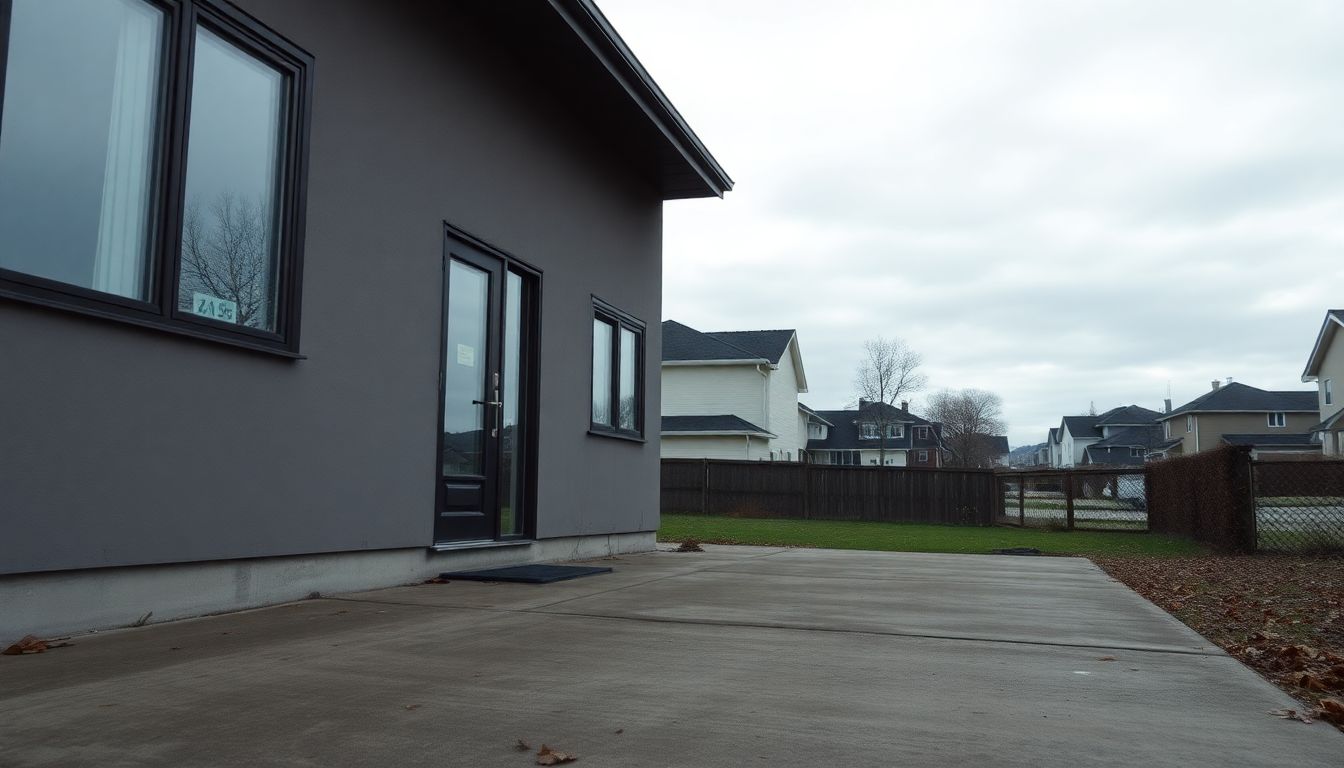Introduction
The COVID-19 pandemic caused unexpected shifts in the property market. Lockdowns and travel bans left many homes empty longer than usual. For owners and property managers, this created new challenges. Empty buildings can become easy targets for theft, damage, or squatting. Beyond safety concerns, legal rules changed during this time. Managing unoccupied properties well became more important than ever. Knowing the risks and best ways to protect these properties helps save money and worries.
Impact of COVID-19 on Unoccupied Properties
Changes in Property Occupancy Trends
When lockdowns hit, many people worked from home or moved in with family. Some sold or paused their plans altogether. As a result, property vacancy rates increased sharply. Industry reports show that in some areas, unoccupied homes grew by over 20% during the pandemic. This meant more properties sat empty, sometimes for months.
Challenges Faced by Owners and Managers
Empty buildings face many risks. Vandals and thieves took advantage of less foot traffic. Squatters also moved in more often. Property inspections became harder, especially with social distancing. Maintenance issues, like broken pipes or mold, often went unnoticed because owners couldn’t visit regularly. Meanwhile, the uncertain economy made it tough to keep income flowing from rentals.
Risks Associated with Unoccupied Properties During COVID-19
Security and Vandalism
Lockdowns left many properties vulnerable. Reports show an increase in break-ins and graffiti during 2020-2021. Some homes even suffered serious thefts of fixtures or appliances. The lack of regular visits made it easy for criminals to go unnoticed.
Pest Infestations and Structural Deterioration
An empty house attracts pests like rodents and insects. Without regular visits, pest problems worsened quickly. Also, issues like leaking pipes or roof damage could become severe. Mold and mildew often spread if problems weren’t caught on time.
Insurance and Liability Concerns
Many insurance policies changed during the pandemic. Some providers limited coverage for vacant properties or raised premiums. If someone gets hurt on a vacant property, owners could face liability claims. These issues add financial strain during tough times.
Legal and Regulatory Considerations
Property Legislation During COVID-19
Many governments temporarily relaxed eviction rules. This was meant to help tenants stay in homes longer. But, rules varied widely across regions. Some areas allowed indefinite lease suspensions; others paused evictions altogether.
Rights and Responsibilities of Property Owners
Even while properties sit empty, owners must keep them secure and in good shape. Failing to do so might breach local laws. Damage caused by neglect can lead to legal trouble and fines.
Managing Tenant and Lease Agreements
Rent suspensions and lease pauses became common. Some landlords offered rent deferments or reduced rates. If squatters or unauthorised occupants move in, owners must follow lawful eviction procedures. Ignoring these rules risks legal penalties.
Best Practices for Managing Unoccupied Properties Amid COVID-19
Security Measures
Installing security cameras, alarms, and strong locks keeps properties safer. Using window bars or fencing adds extra protection. Regularly updating these systems helps prevent break-ins.
Maintenance and Inspection Protocols
Schedule virtual walkthroughs with property managers. Use remote sensors to track heating, humidity, or leaks. When in-person visits are needed, follow health guidelines to stay safe. Professional maintenance makes sure issues are addressed quickly.
Insurance and Financial Planning
Ensure your insurance covers vacancy risks. Shop around for policies that include theft, damage, and liability. Budget extra funds for emergency repairs or increased security costs.
Actionable Tips for Property Owners and Managers
- Keep contact info and emergency contacts updated.
- Regularly check and upgrade security devices.
- Stay informed about local laws affecting vacant properties.
- Create a detailed plan to manage properties during crises.
- Document all inspections and maintenance work for legal protection.
Conclusion
Unoccupied properties during COVID-19 face many dangers. From theft to structural damage, risks are higher than ever. Protecting your assets means taking security seriously, staying on top of maintenance, and knowing your legal rights. Regular inspections, solid security, and a clear management plan will keep your property safe during tricky times. Remember, the key is to act early and stay prepared. Protecting your investment today prevents bigger problems tomorrow.
